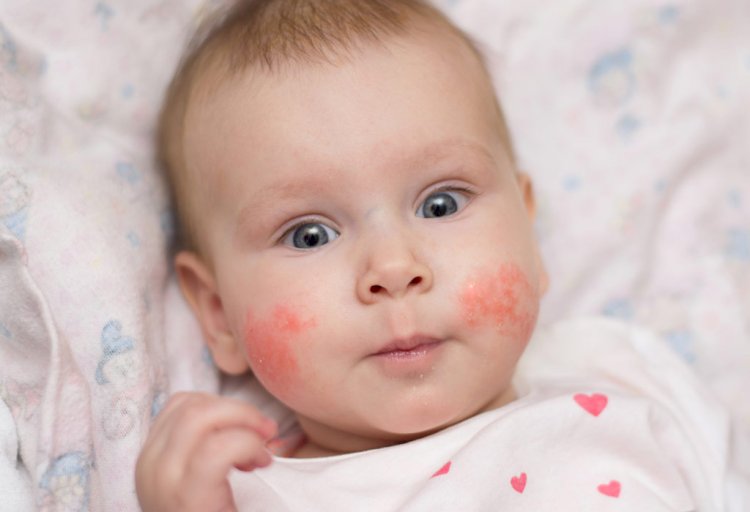A Note On The Kinds Of Psoriasis In Kids – Part 2
In this discussion, we highlight the possible treatments. Also, we suggest ways to how therapy can help children with psoriasis get the confidence to go out in the public. So why wait for experts, get the help right away.

When It Comes To Psoriasis In Children, Get The Most Out Of Treatment.
So that it is important to make sure that the child’s treatment has the best chance of succeeding, here are the tips:
Find the right doctor.
Select the one coming with experience in treating children with psoriasis.
Usually, this is a dermatologist. They have to come to be talking easily.
Find a new doctor in case they don’t ask for your input on what you see happening with your child.
Stick to a plan.
About how important it is to stick to the treatment schedule, talk to your child. A couple of times a day, you may need to apply medication. It can take time for the treatment to work and so remind your child of this.
Pick the right therapy.
It is good to be thinking about your child’s age and schedule. To find a therapy that works best for them, work with the doctor.
Talk straight.
When talking with your child about covering up, choose your words carefully. Year-round some kids get used to wearing long sleeves. For children to feel like they are always hiding, you don’t need your child to.
Build connections.
Ask your child’s doctor about face-to-face support groups as also look for groups or message boards online. For kids with skin conditions, you can also check out summer camps. To get support, learn practical tips, and build confidence, are all great ways. It is applicable for your child too. Giving you new insights and strategies is a chat with other parents who have kids with psoriasis.
Go to school.
At the start of each year, make connections with people at your child’s school. To head off problems, it is a good way. About the following issues try to get confirmation from the staff:
Find out which staff member is readily available for your child to turn to help.
There are many ways problems in the classroom can be dealt with along with coping up with the conflict with other students, similar to teasing or bullying, the staff will necessarily watch out
If your kid doesn’t want to wear shorts or can’t take part in some activities, the gym teacher won’t be surprised.
Finally, The Effect Of Psoriasis And Your Child’s Emotions
On your child’s mood and how they see themselves, this condition can have a big effect. Follow these tips to support your child as well as helping them feel better:
Focus on facts.
On the disease, don’t focus too much.
For having psoriasis, your child should never feel bad or different. Not overly emotional, try to keep the discussion about their psoriasis matter-of-fact.
Talk about feelings.
Especially when a symptom develops, teach young children to name their feelings. It helps to make a word list of happy and sad feelings. As much as they may bother you, some symptoms may not bother them. It, therefore, helps you understand the disease and its effect on their mood.
Let them decide.
Over the condition, give your child some power. Let an older child have a say in treatment for example. Instead of a greasy ointment, they might want a cream. Or else a phototherapy session time could be chosen.
Let go.
Talk about giving your child support and understanding. They may turn to friends for support instead of you as you recognise that your child gets older. While this is OK, it is also important that your child stays connected to their peers.
Spread the word.
At an early age, educate your child about the condition. To talk to friends about it, encourage them. It helps to keep at bay stigmatisation, bullying, as well as social withdrawal.
Be positive.
While it is unpredictable, psoriasis flares are found to be popping up anytime. Without warning, medications stop working. Flipping out when middle school starts, your kid might be OK with psoriasis in elementary school. About they are going to get better, reassure your child.
Consider therapy.
Even right after the diagnosis, it can be a big help to any kid with psoriasis. To deal with daily life and issues with friends and classmates, therapists can offer kids with long-term diseases in practical ways. Of getting low self-esteem and depression are kids with psoriasis having a higher chance. If you see that your child has the following, schedule an appointment with a therapist such as a child psychologist or social worker.
Comes to be irritable and angry
With friends, spending lesser time
Finding changes in sleeping or eating habits
Coming with problems in school.
What's Your Reaction?





















